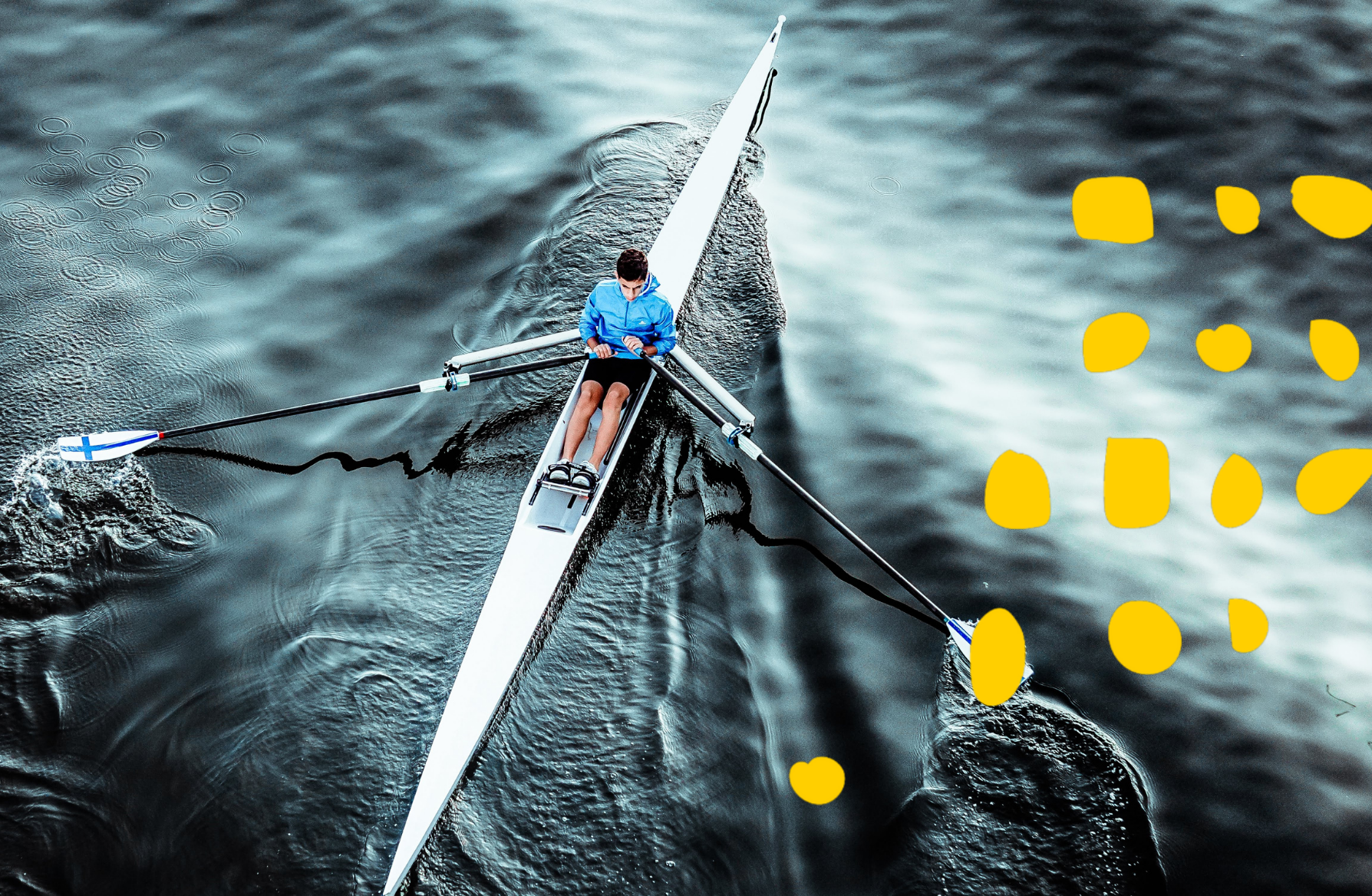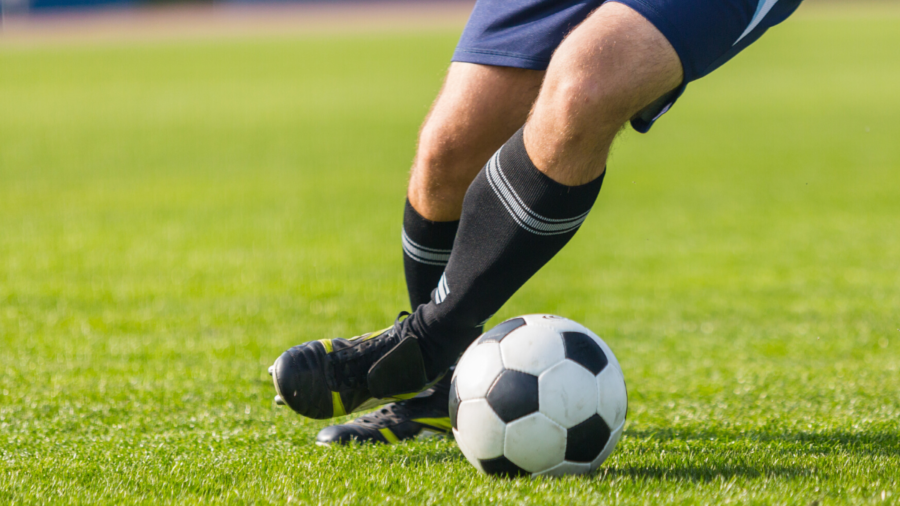Your brain may be more important than your body when it comes to succeeding

Bobby JonesCompetitive golf is played mainly on a five-and-a-half-inch course… the space between your ears.
Have you ever been out for a run, or on your bike, or kicking the footy, and a little voice pops into your head telling you that it’s all too hard? Many of us know that that one little thought can suck the life out of our performance and make everything feel 10 times harder.
This is why The Mind Room has created the High Performance Mental Skills Workshop. It’s designed for any athlete or coach wanting to take their performance to the next level. In this one day session, Sport Psychologist Michael Inglis will go through specific skills you can employ to reach optimal performance, and how to integrate them into your training regime.
Thanks to an abundance of research in this area, we know the incredible effects that the mind has on our body’s performance. As such, learning to control our mind is an important skill for any athlete, or performer.
To get an understanding of the effect of the mind on a body’s performance, Claudio Del Percio of Sapienza University in Rome researched the brains of karate champions compared to “ordinary” people when each were resting with their eyes closed.
Incredibly, he found that the karate champions emitted stronger alpha waves, meaning they were better rested. This suggests that their brains are better able to switch into gear when necessary, enabling them to perform at their peak.
The connection between our brain and performance is clear. But what influence do our thoughts have in helping us to perform at our peak?
Researcher Kate Hays interviewed athletes to gain an understanding of the role that positive self-talk and confidence may have on their performance.
As you may have guessed, high confidence facilitated performance and led to better outcomes for the athletes.
For many, the connection between our brain and body might not be a complete revelation. Many famous sportspeople throughout the years have identified the enormous power of the mind. Former golfer Bobby Jones summarised this link perfectly, famously stating, “Competitive golf is played mainly on a five-and-a-half-inch course… the space between your ears.”
But even if we know that employing the right mental skills may help our performance, it can be difficult to know what those skills actually are and how to apply them consistently.
The High Performance workshop provides six key psychological skills that will specifically improve performance as well as demonstrating how to integrate these mental skills into everyday training and combine these skills to reach optimal performance for competition.





